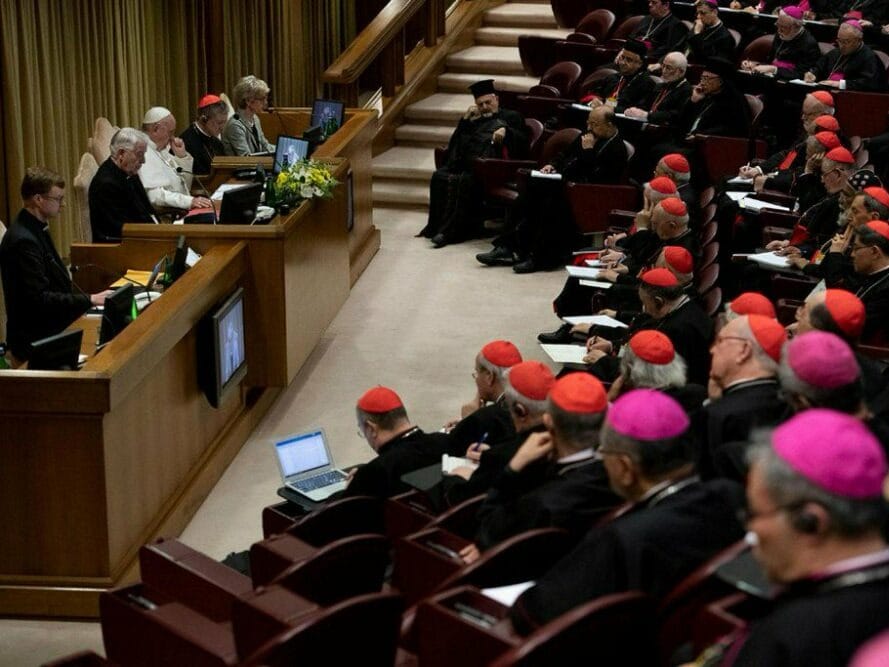An unprecedented Vatican four-day summit closed with a mass at which Pope Francis promised an "all-out battle" to prevent more sex abuse of children by pedophile priests and the bishops who cover up their crimes.
The global sex abuse scandal has threatened generations of children, the Catholic Church's credibility and the pope's leadership. He summoned church leaders to Rome to galvanize support for taking "every necessary measure" to prevent any further abuse.








